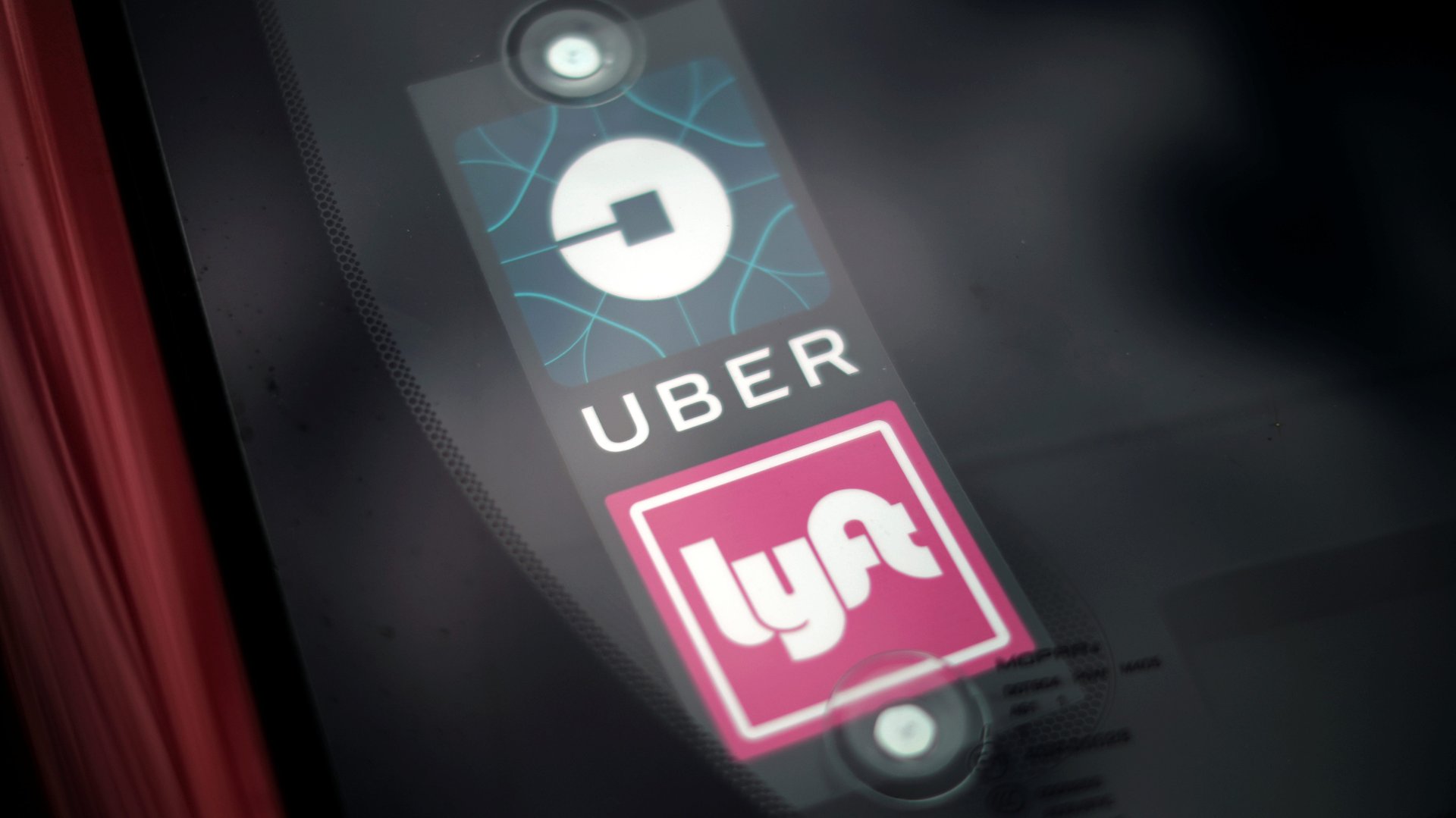How Washington state brokered a truce between Uber and its drivers
On March 31, Washington became the first state in the US to guarantee rideshare drivers receive a minimum wage. The bill, signed into law by governor Jay Inslee, ensures all drivers in the state will earn at least $1.17 per mile and $0.34 per minute, including a minimum pay of $3.00 per trip with benefits such as paid sick leave and workers’ compensation insurance. The new law takes effect in January 2023.


On March 31, Washington became the first state in the US to guarantee rideshare drivers receive a minimum wage. The bill, signed into law by governor Jay Inslee, ensures all drivers in the state will earn at least $1.17 per mile and $0.34 per minute, including a minimum pay of $3.00 per trip with benefits such as paid sick leave and workers’ compensation insurance. The new law takes effect in January 2023.
But, crucially for the rideshare companies, workers will remain classified as independent contractors, not employees. Uber and Lyft insist that this independent contractor status is what gives rideshare drivers the flexibility they seek in the job, but it also frees the companies from other responsibilities of employers, like providing overtime pay and health insurance.
Amid the contentious fights over worker classification that Uber and Lyft have engaged in jurisdictions around the world —everywhere from California and Massachusetts to the entire UK—this legislation has emerged as a kind of “third way” that won agreement among some business, labor, and government interests. In an unusual alliance, the bill received support from Uber and Lyft, as well as local Teamsters and drivers’ unions, who see it as an effective compromise that could serve as a model for other states trying to manage the relationship between powerful ride-hailing corporations and their drivers.
How Uber and unions came to the table
Labor interests in Washington supported the fact that this new law offers a pay raise and some basic job protections for rideshare drivers across the state. The wage minimum isn’t as high as the $1.38 per mile and $5.17 per trip minimum established for drivers in the city of Seattle in September 2020, but it is set to increase on the same schedule as the state’s minimum hourly wage, currently set at $14.49. It rises annually based on inflation. Drivers will also be eligible to accrue paid sick time, and workers’ compensation, and will have a pathway for appeals if they are kicked off an app.
But the ride-hail companies also won big by seeing their biggest priority passed into law: Drivers will remain independent contractors, not employees. This means that Uber and Lyft won’t have to provide other expensive benefits, like healthcare, and won’t pay unemployment benefits.
This is the status quo that the companies have fought hard to protect with ballot measure initiatives in other states, like Proposition 22 in California. In 2020, Uber and Lyft, along with other gig economy companies, spent a combined $224 million in a successful campaign to pass that proposal, which cemented drivers’ contractor status in the state indefinitely.
In fact, it was the threat of a large-scale fight via ballot initiative in Washington that helped this compromise legislation sail through with support from all sides. One driver and labor organizer told the publication Labor Notes that the companies were “holding a gun at our heads with the possibility of an initiative.”
Other labor organizers—including the president of the international Teamsters union— oppose this legislation, saying it doesn’t go far enough to protect the rights of workers. But some still see it as an improvement to current conditions for drivers throughout the state.
Clamping down on city power
One notable aspect of the bill is that it expressly forbids city-level governments from imposing any new regulation on ride-hailing companies in addition to this law. Historically, cities have been on the leading edge of efforts to regulate (pdf) Uber and other ride-hail companies, including Seattle’s 2020 minimum wage law and similar legislation passed in New York City.
Terri Gerstein, director of the State and Local Enforcement Project at Harvard Law’s Labor and Worklife Program, is concerned about the precedent that this could set for other state-level governments to thwart local attempts to enact labor protections, especially in the gig economy. “Seattle has been a leader nationally in regulating gig worker companies. And now, instead of celebrating the leadership and innovation of Seattle, the state is tamping down on them,” says Gerstein. “Maybe it will be limited to this one industry, but I think people are fooling themselves if they think other industries won’t come to state legislatures with similar proposals to preempt local regulatory power.”
Gerstein referenced the fee caps that cities have placed on food delivery apps as another example of local regulation that could be preempted by state powers. So far, several cities including San Francisco, Minneapolis, and New York, have been successful in implementing these caps without interference from the state.